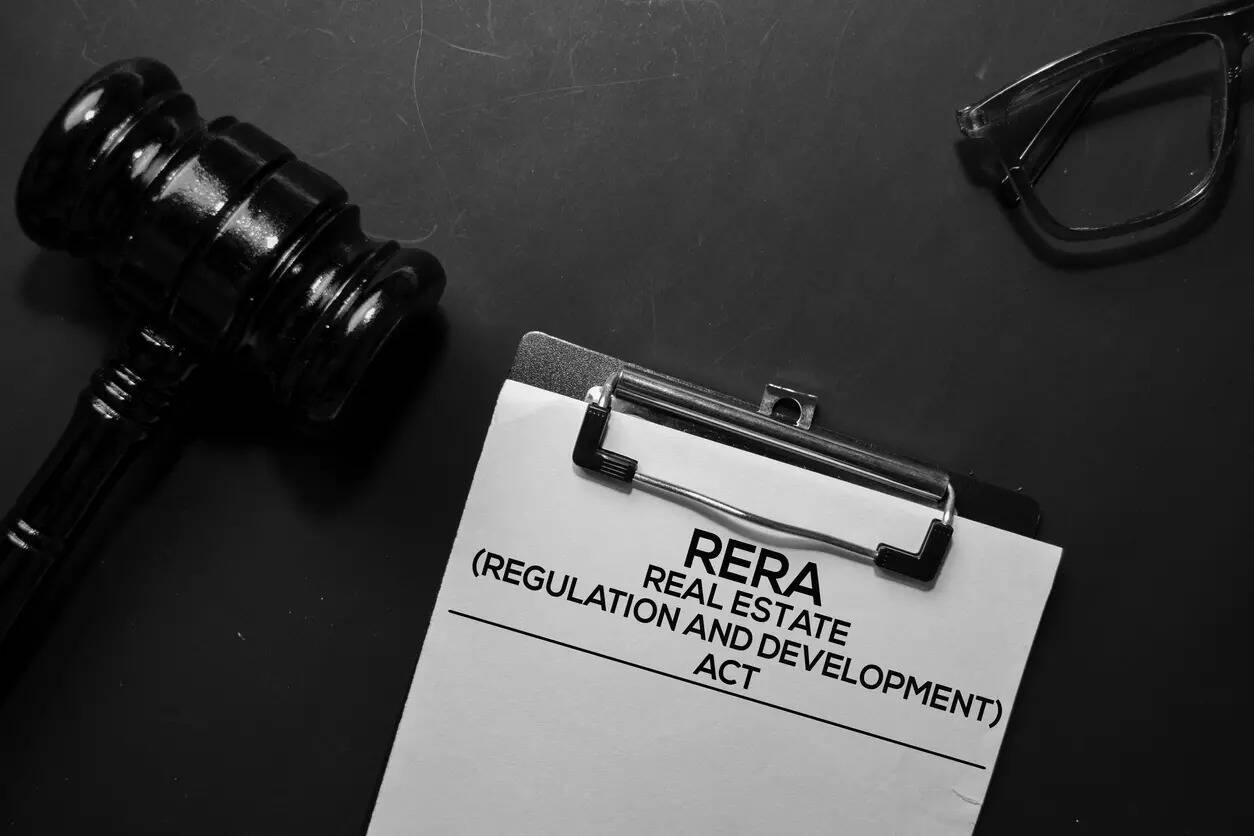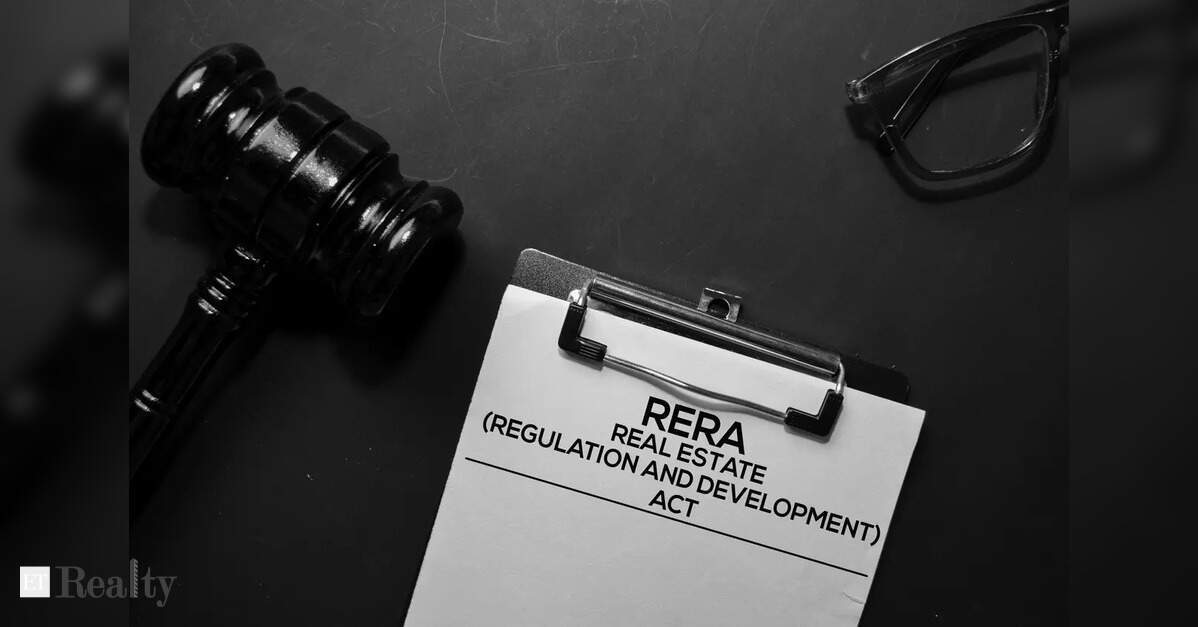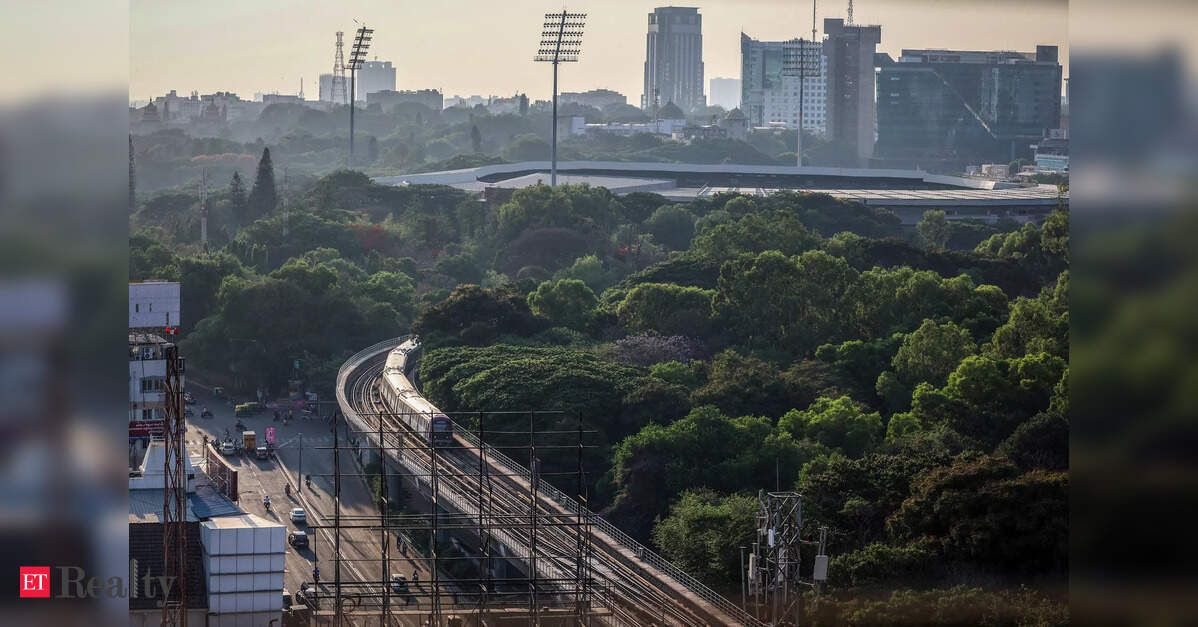
PUNE: On Saturday, the Maharashtra Real Estate Regulatory Authority (MahaRERA) announced that it provides both physical and virtual options for hearing complaints, allowing parties to appear in person upon request.
This statement comes in light of a recent directive from the Bombay High Court urging MahaRERA to reinstate hybrid hearings, emphasizing that access to justice should encompass the option for physical presence.
“We regularly offer physical hearings to those who choose this option. While virtual hearings are more favored, we ensure that no one is excluded from attending physically,” a senior official from MahaRERA stated to TOI.
The court’s ruling arose during the case of homebuyer Mayur Desai, who sought the high court’s intervention to restore hybrid hearings and expedite the execution of pending orders since March 2024. Justices Revati Mohite Dere and Neela Gokhale remarked that “access to justice is not simply about virtual access; it must also guarantee that parties can appear physically.”
While MahaRERA’s counsel indicated that physical hearings are provided upon request, the court voiced concerns about the potential preference for virtual-only proceedings, especially as many courts have already shifted back to hybrid models. The court also charged MahaRERA to reassess its April 2025 guidelines and standard operating procedures regarding urgent listings, order enforcement, case mentions, and the announcement of reserved orders.
MahaRERA officials affirmed that in-person hearings have been conducted routinely. “In the last six months, 81 complaints were addressed in person over seven sessions led by the chairperson, with an additional 19 matters discussed twice in person. Additionally, one case was reviewed by the full bench twice,” commented an official.
In an effort to enhance efficiency and accessibility, MahaRERA has implemented several procedural reforms. These include announcing orders via pre-scheduled cause lists with prior notifications to parties, ensuring proper attendance records. Circular No. 34(A), issued on April 8, 2025, allows for urgent matters to be prioritized, such as life-threatening situations, court-directed cases, or applications for corrections. Furthermore, following MahaRERA’s suggestion, the state government appointed revenue recovery officers in six districts with high case backlogs through a government order dated April 22, 2025.
MahaRERA officials emphasized that these initiatives are part of a broader effort to create a transparent, efficient, and citizen-centric grievance resolution system under the Real Estate (Regulation and Development) Act, 2016. Over the past six months, MahaRERA has successfully resolved 3,002 complaints.
“There is a clear demand for physical hearings, particularly from attorneys who mainly practice in MahaRERA. Conversely, the larger legal community tends to prefer virtual hearings for their convenience. Recently, senior counsels from the high court have been appearing virtually before MahaRERA, which has improved the quality of arguments and decision-making,” mentioned a homebuyer.
Advocate Godfrey Pimenta, a trustee of Watchdog Foundation and an active participant in MahaRERA cases, expressed that while online hearings are effective for simpler RERA matters, major cases may necessitate physical attendance for better credibility. “A well-balanced hybrid model fosters dignity, efficiency, and fairness. I’ve presented RERA cases from locations like Dallas and London—virtual platforms are time-saving, cost-reducing, and simplify document submissions,” he remarked.




